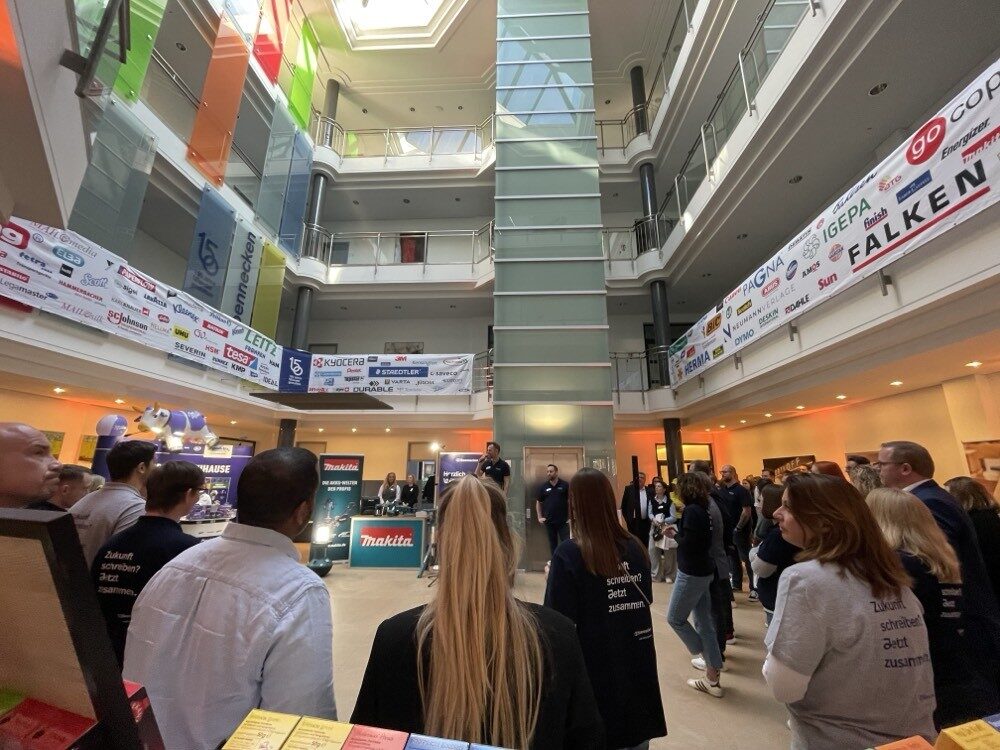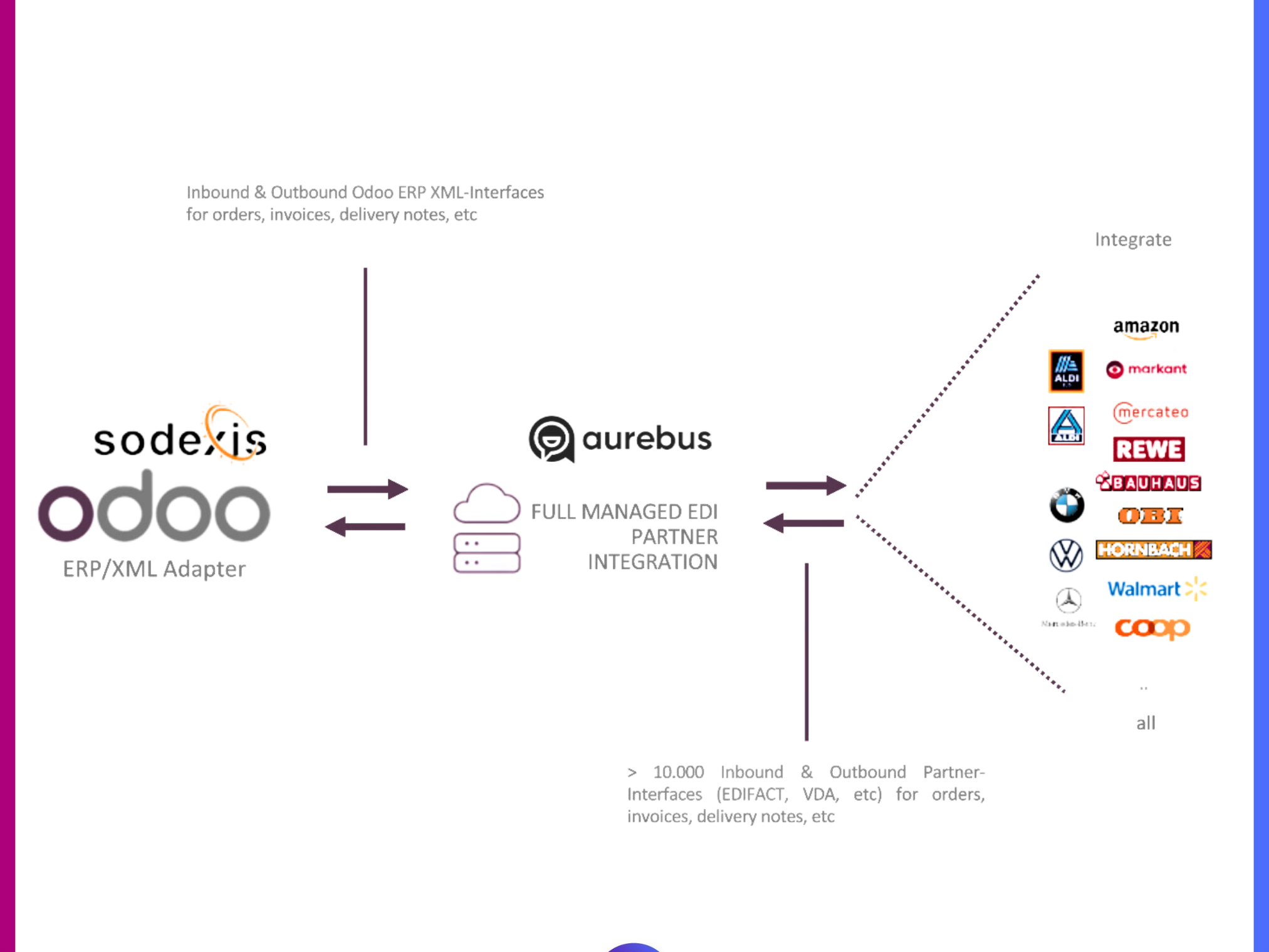Our expectations of EDI consultants and a possible workflow!
We love EDI. But what do our EDI consultants do and what does their typical day look like? An interview with our CEO Klaus Dirsen.
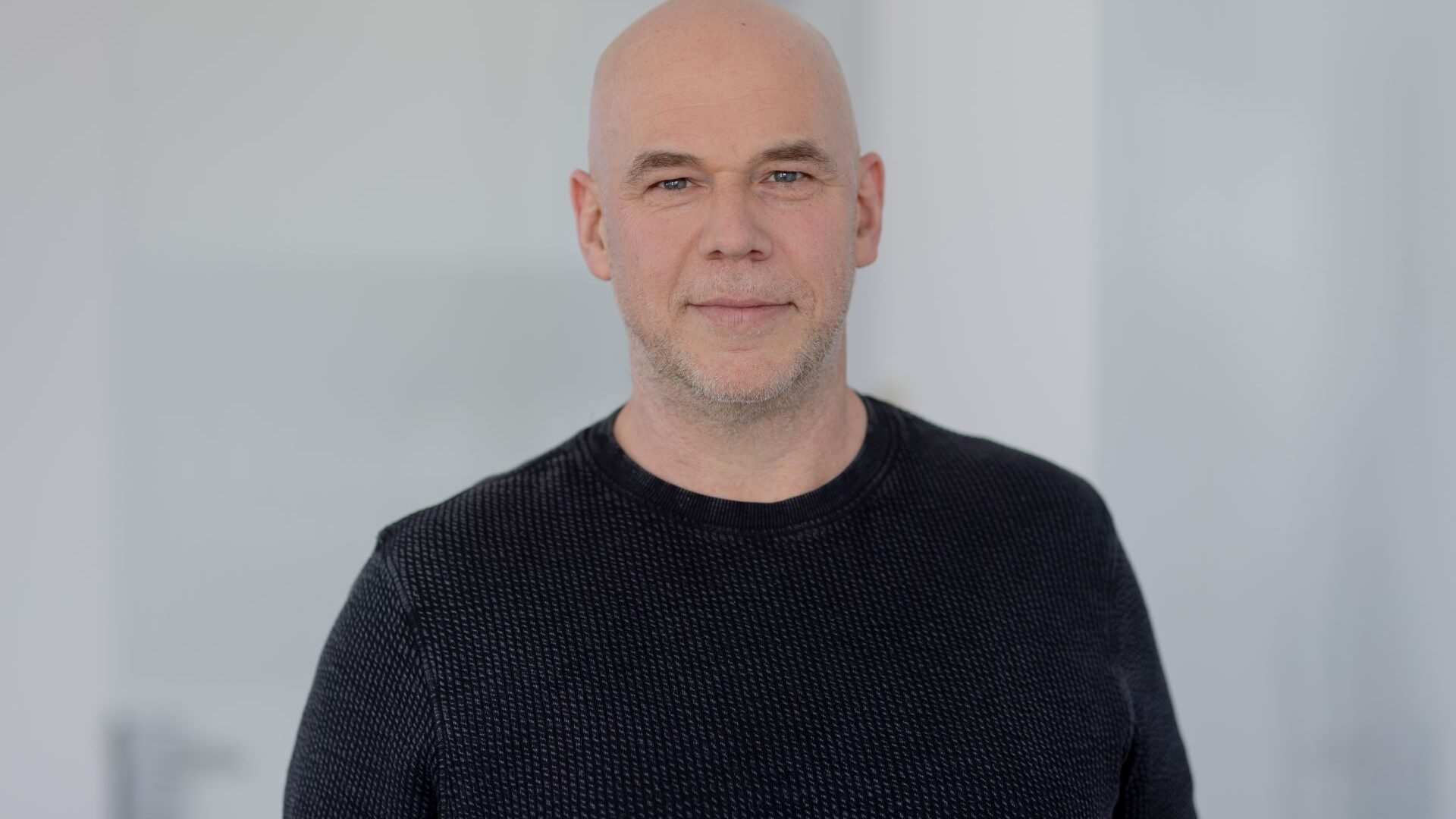
Klaus, you have been working in the EDI environment for over 20 years. What are the technical challenges in our field?
One of the main tasks in the EDI field is integrating various IT systems and software applications. These systems use different data formats and communication protocols that you need to be familiar with.
Although there are EDI standards such as EDIFACT, X12, or ANSI, many companies have developed their own adaptations and variants of these standards. This can complicate interoperability and requires a deep understanding of each customer’s specific EDI implementation.
Since EDI involves the exchange of sensitive business data, it is crucial that the data remains secure throughout the entire process. This means adhering to strict security protocols and staying up-to-date with the latest technology in data encryption and protection.
Errors can also occur during the EDI process, such as when a message is not correctly formatted or when a system is unavailable. Quickly and effectively handling these errors is crucial to avoid disrupting business processes.
In some industries, such as healthcare and finance, there are strict regulations for electronic data exchange. As EDI consultants, we must ensure that our solutions comply with these regulations.
In EDI consulting, our task is to tackle these challenges and help our clients optimize their business processes through the most efficient and secure EDI solutions possible. It is a demanding but also very rewarding role where we can make a real difference.

What is the job of EDI Consultants at Aurebus?
Our EDI consultants are crucial links that help our clients optimize their business processes through the use of EDI, EAI, and APIs. They work closely with our clients to design, implement, and maintain efficient and effective EDI solutions.
The main tasks that an EDI Consultant at Aurebus undertakes include:
Needs Analysis: Our EDI consultants analyze the specific requirements and business processes of our clients to design tailored EDI solutions.
Implementations: EDI consultants are responsible for the organizational and technical implementation of SEEBURGER BIS6 system landscapes. This can include software setup, creation or configuration of mappings, and setup of communication protocols.
Testing and Quality Assurance: Our consultants conduct comprehensive tests to ensure that the EDI solution functions correctly.
Support and Maintenance: Consultants at Aurebus provide continuous support and maintenance for the implemented EDI solutions. They monitor processes, identify and resolve issues, and perform regular system updates.
Training: Our consultants also train the client’s staff on using the EDI solution and ensure they receive the necessary support to use it efficiently.
Continuous Improvement: Our EDI consultants constantly strive to improve and optimize our clients’ EDI processes. They assess the performance of the implemented solutions and suggest improvements to maximize the business value of the EDI implementation for the client.
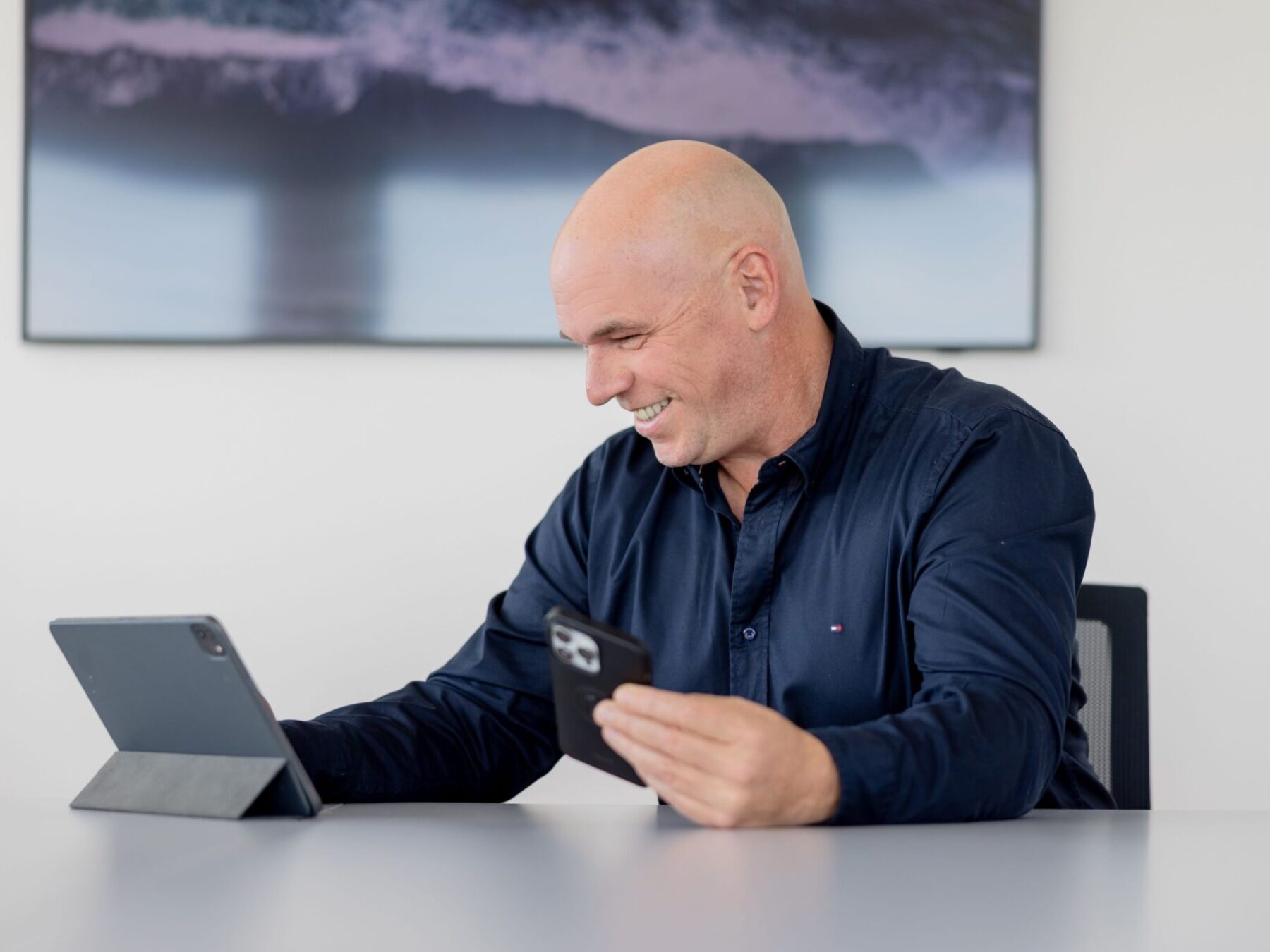
The job of an EDI Consultant at Aurebus requires technical know-how, an understanding of business processes, excellent communication skills, and a strong customer focus. It is a challenging and rewarding role where we can and aim to make a real difference for our clients.
Which qualities and skills are particularly important to you as a CEO?
Good question and my favorite topic: as I hinted in the last question – regardless of the position at Aurebus, I consider two skills to be especially important: communication skills and customer focus.
Both are key characteristics of our corporate culture and a vital aspect of our commitment to excellent service and collaboration.
Let me explain why I consider both so important:
Communication skills enable us to convey ideas and information effectively, maintain relationships, and solve problems together. As good communicators, we can express complex information clearly and precisely. We ensure that our messages are understandable and comprehensible.
But it’s not just about speaking, it’s also about listening. When we actively listen and ask clarifying questions, we show empathy and understanding for the other person’s point of view.
As effective communicators, we also seek and provide constructive feedback. We are open to criticism and use it as an opportunity for improvement.
It is also important that we can adapt our communication style to different situations and people. We aim to understand the needs of our audience and adjust our messages and our style accordingly. By doing so, we ensure that we create a good, mutual understanding.
As good communicators, we can effectively manage conflicts. We should be able to recognize and manage emotions, propose fair solutions, and always contribute to a positive outcome.
Last but not least, every good communication is based on respect. Respect for other opinions and perspectives, especially when they differ from our own.
When we think of customer focus, we often think of someone who buys a product or service from us. However, I want to expand the concept of “customer” and encourage you to view it from a broader perspective.
Indeed, a “customer” can be anyone to whom we provide a service. This can include external customers who purchase our products or services, but also internal “customers” such as our colleagues, team members, supervisors, partners, or other departments we serve in our daily work.
Even in our personal lives, we can have “customers,” for example, when we help our friends, family members, or communities.
Why do I consider this perspective important?
It highlights the importance of customer focus in our daily lives. For me, customer focus means recognizing and addressing people’s needs, serving them, and creating value. It is about showing empathy, listening, and striving to positively impact the experiences of the people we interact with.
With a strong customer focus, we can build better relationships both professionally and personally, collaborate more effectively and joyfully, and have a greater impact. Customer focus helps us position ourselves as valuable members of our team, organization, and community.
I believe it is important to see a potential “customer” in this sense in every person we encounter. To do this, we can ask ourselves how we can make our “customer’s” day a little better.
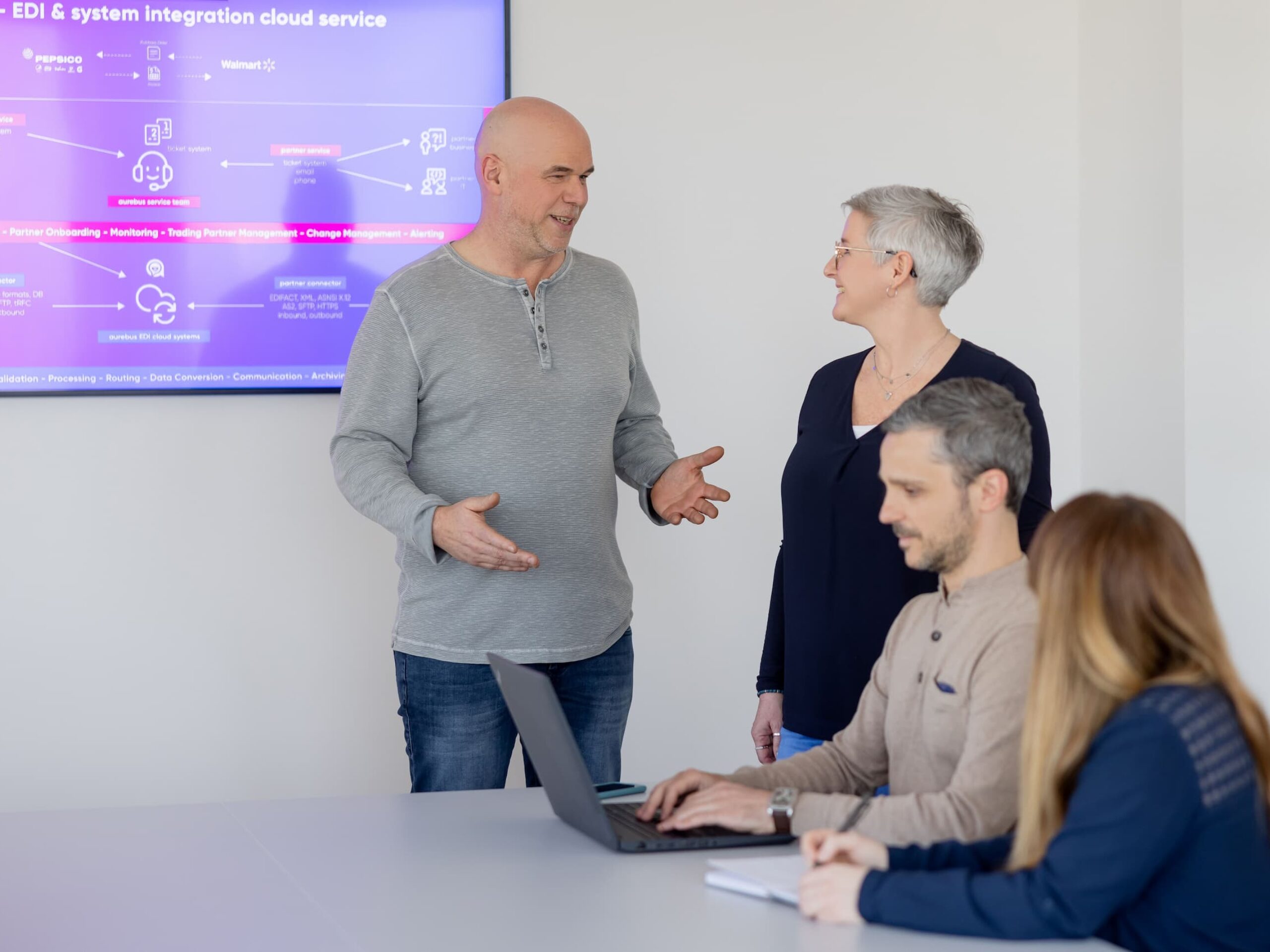
But it’s not just about speaking, it’s also about listening. When we actively listen and ask clarifying questions, we show empathy and understanding for the other person’s point of view.
As effective communicators, we also seek and provide constructive feedback. We are open to criticism and use it as an opportunity for improvement.
It is also important that we can adapt our communication style to different situations and people. We want to understand the needs of our audience and adjust our messages and style accordingly. This ensures that we create a good, mutual understanding.
As good communicators, we can effectively manage conflicts. We should be able to recognize and manage emotions, propose fair solutions, and always contribute to a positive outcome.
Last but not least, every good communication is based on respect. Respect for other opinions and perspectives, especially when they differ from our own.
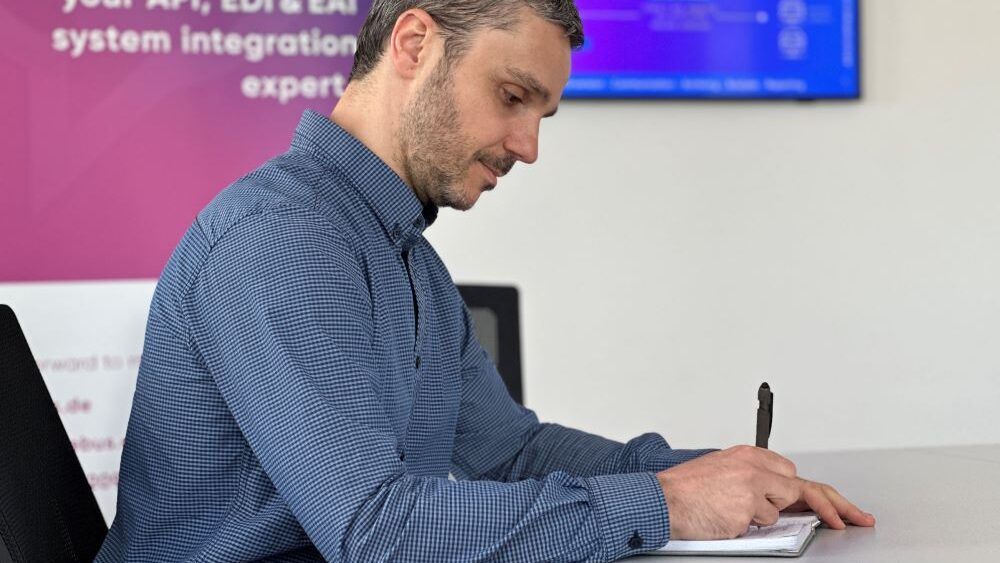
When we think of customer focus, we often think of someone who buys a product or service from us. However, I want to expand the concept of “customer” and encourage you to view it from a broader perspective.
Indeed, a “customer” can be anyone to whom we provide a service. This can include external customers who purchase our products or services, but also internal “customers” such as our colleagues, team members, supervisors, partners, or other departments we serve in our daily work.
Even in our personal lives, we can have “customers,” for example, when we help our friends, family members, or communities.
Why do I consider this perspective important?
It highlights the importance of customer focus in our daily lives. For me, customer focus means recognizing and addressing people’s needs, serving them, and creating value. It is about showing empathy, listening, and striving to positively impact the experiences of the people we interact with.
With a strong customer focus, we can build better relationships both professionally and personally, collaborate more effectively and joyfully, and have a greater impact. Customer focus helps us position ourselves as valuable members of our team, our organization, and our community.
I believe it is important to see a potential “customer” in this sense in every person we encounter. To do this, we can ask ourselves how we can make our “customer’s” day a little better.
Can you describe a typical day in the life of EDI Project Leads?
Every day is usually different. However, let me construct an example day:
8:00 AM – Start of the Day: The day begins with checking emails and project status reports to get an overview of the current state of various ongoing projects.
9:00 AM – Team Meeting: A short meeting with the EDI team to discuss project progress, delegate tasks, and set priorities for the day.
10:00 AM – Customer Meeting: A virtual meeting with a customer to discuss the current status of the project, answer questions, and discuss any changes to the project scope or timeline.
11:00 AM – Project Planning and Coordination: Work on project planning, including creating and updating schedules, assigning resources, and assessing risks.
12:00 PM – Lunch Break
1:00 PM – Collaboration with the EDI Team: Work with the EDI team on the implementation of the EDI solution. This may involve reviewing data mappings, resolving technical issues, or coordinating testing.
2:00 PM – Reporting: Prepare project status reports and update project dashboards to monitor the progress and performance of the project.
3:00 PM – Customer Communication: Communicate with the customer via email or phone to provide updates, gather feedback, or answer questions.
4:00 PM – Effort Estimation and Proposal Creation: Estimate the total effort for a larger project (more than 50 days). Coordinate with the EDI consulting team, create a proposal, and prepare a presentation for the customer. Schedule a meeting to present the proposal to stakeholders both on the customer side and internally.
5:00 PM – End of the Day: Final review of the day’s tasks, update project status reports, and plan tasks for the next day.
